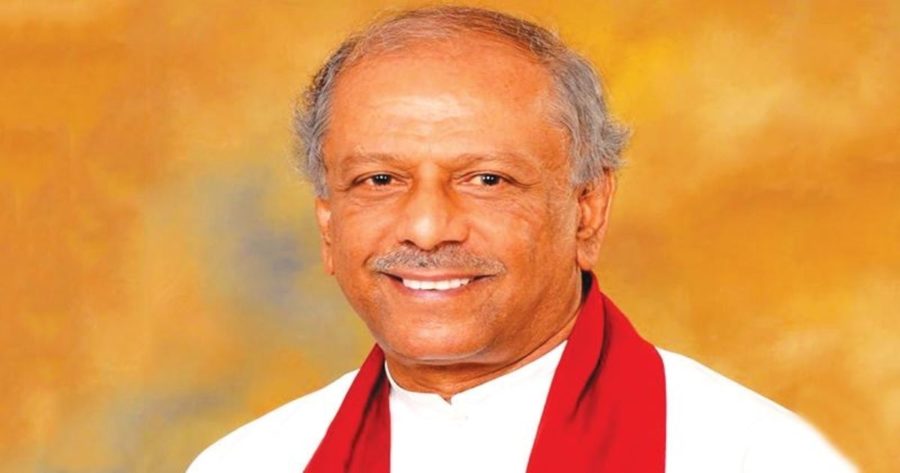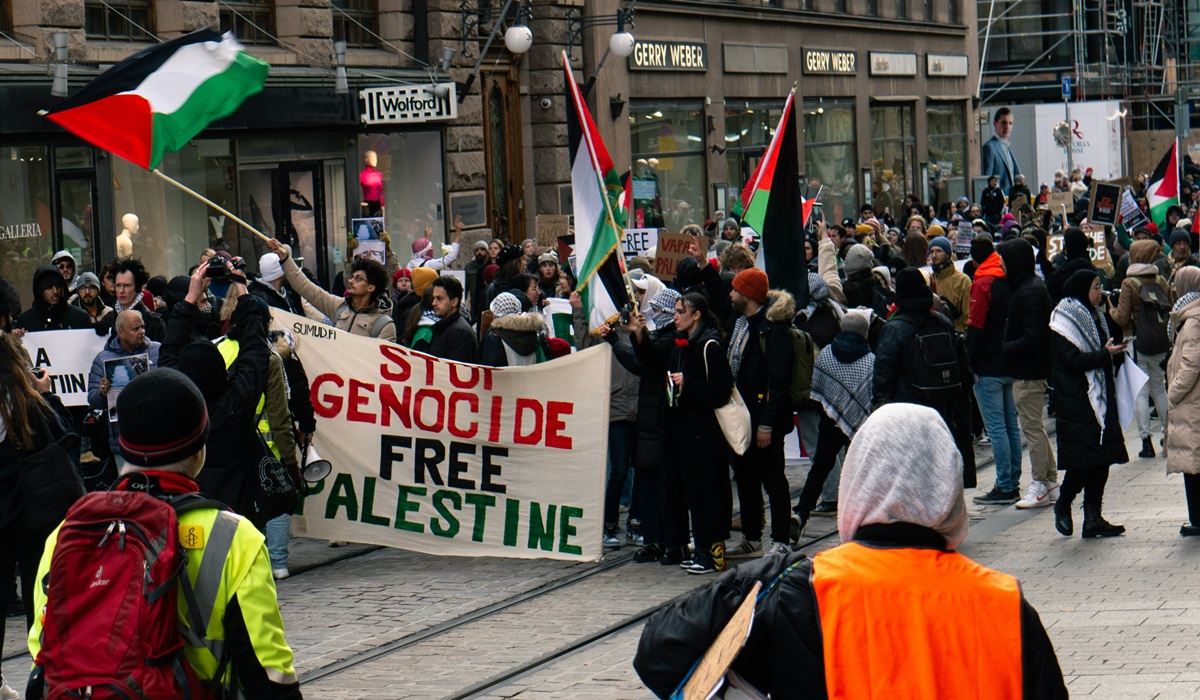Veteran Politician Dinish Gunawardena, Appointed As Sri Lanka’s New Prime Minister
- Maryam Ahmed
- Asia
- South Asia
- Trending
- July 25, 2022

Dinesh Gunawardena was sworn in as Sri Lanka’s new prime minister on Friday as President Ranil Wickremesinghe swore in his new Cabinet.
Gunawardena, a veteran member of the ruling Sri Lanka People’s Front and an ally of the Rajapaksa political family, took the oath of office on Friday before President Ranil Wickremesinghe, who was elevated to head of state from his role as prime minister by a vote in parliament on Wednesday.
Gunawardena, 73, who served earlier as foreign minister and education minister, is a staunch Sinhala nationalist who believes in socialism and wants greater state control over the economy. He was appointed as Home Minister in April by then President Gotabaya Rajapaksa.
Gunawardena belongs to a prominent political family in Sri Lanka and is a close ally of the Rajapaksa family, which ruled the country for nearly two decades.
The prime minister’s post fell vacant after Wickremesinghe, 73, was sworn in on Thursday as the country’s eighth president after Gotabaya Rajapaksa fled the country and resigned as president.
He has called for bipartisanship to address the unprecedented economic crisis the country is facing. Sri Lankans have taken to the streets for months, demanding their leaders resign over an economic crisis that has left the island nation’s 22 million people short of essential items such as medicine, food, and fuel.
The protests forced out former President Gotabaya Rajapaksa last week. His family has ruled Sri Lanka for most of the previous 20 years. Still, public outrage over the economic crisis forced several family members to leave ministry posts earlier in the crisis.
The political turmoil in Sri Lanka has only worsened the economic disaster. Dinesh Gunawardena’s role in Sri Lankan politics will be critical as the country’s economy is currently facing its worst financial crisis since it gained independence.
The country is bracing for a sharp contraction due to the unavailability of essential inputs for production, an 80 percent depreciation of the currency since March 2022, a lack of foreign reserves, and the country’s failure to meet its international debt obligations.
As Sri Lanka scrambles to get back on track after the election of a new President, Ranil Wickremesinghe, the people in the country — who are facing severe economic hardship — are still uncertain about the future.








